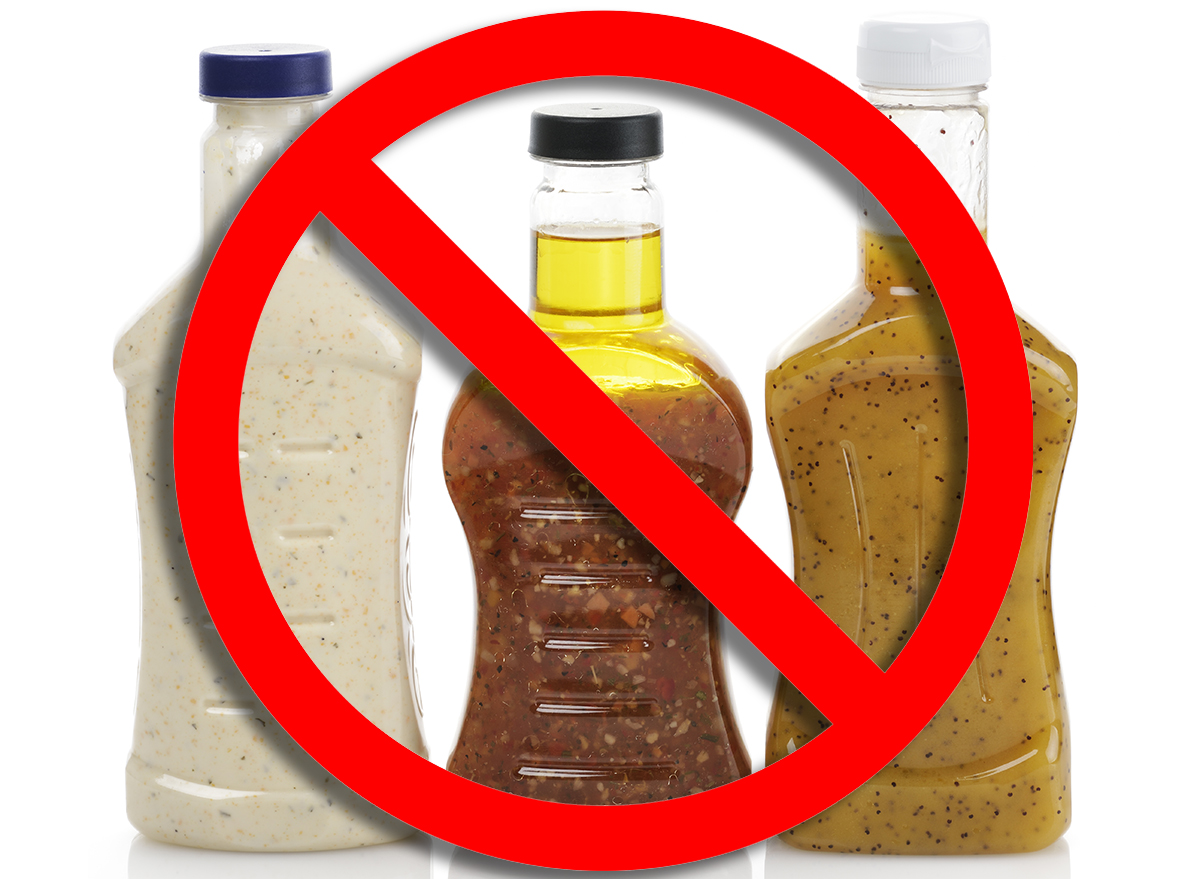T4K3.news
Seed oils are not harmful according to recent studies
Recent research indicates seed oils may not cause health problems as claimed in online discussions.

Seed oils face criticism online, but scientific evidence offers a different view.
Seed oils are not the health villains many claim
The anti-seed oil movement has surged in popularity, with claims that oils like canola and sunflower are harmful. Influencers label these oils as toxic due to their processing and omega-6 content. However, reputable studies, including a 2025 analysis of nearly 1,900 people, demonstrate that higher linoleic acid levels correlate with lower inflammation. The American Heart Association supports this view, advising that there is no necessity to shun seed oils. Confusing correlation with causation, critics overlook that unhealthy foods containing these oils often have other detrimental ingredients. The political aspect adds complexity, as some groups tie seed oil opposition to broader cultural narratives. Ultimately, focusing on balanced nutrition should take precedence over trending health fears.
Key Takeaways
"Higher levels of linoleic acid were actually linked to lower inflammation."
This counters the claims of the anti-seed oil movement.
"If you're worried about inflammation, stop stressing about seed oils."
A reminder to focus on fundamental dietary improvements.
"When health advice becomes a political identity marker, we've lost our way."
This highlights the politicization of diet discussions.
"Mass General's research shows seed oils can be beneficial when used in cooking."
Supports the idea that seed oils can be a part of a healthy diet.
The seed oil debate illustrates a significant trend in modern health discussions where misinformation can overshadow scientific truths. The intense focus on specific foods reflects a broader issue of reductionism in nutrition. Instead of singling out seed oils as unhealthy, it is crucial to address the overall quality of the diet and lifestyle. The politicization of dietary choices adds a layer of complexity, suggesting that personal health has become intertwined with identity politics rather than grounded in actual science. Moving forward, public discourse should emphasize evidence-based guidance around nutrition to combat such misconceptions.
Highlights
- Seed oils aren't the enemy people make them out to be.
- Focusing on whole foods is the key to better health.
- Political identities shouldn't shape your health choices.
- Scientific evidence speaks louder than online fears.
Concerns over political implications of seed oil criticism
The opposition to seed oils has become mixed with political viewpoints, suggesting a potential backlash against science-based dietary recommendations.
Focusing on whole foods may yield better health than worrying about seed oils.
Enjoyed this? Let your friends know!
Related News

Harvard gastroenterologist reveals foods to avoid

Coca-Cola may switch to cane sugar

Experts advocate for reevaluating plant-based meats

New studies link fibre to reduced cancer risks

Scented candles linked to indoor air pollution

New foods found to lower cholesterol levels

Seven plant-based desserts promote gut health

Foods Linked to Worsening Inflammation Identified
